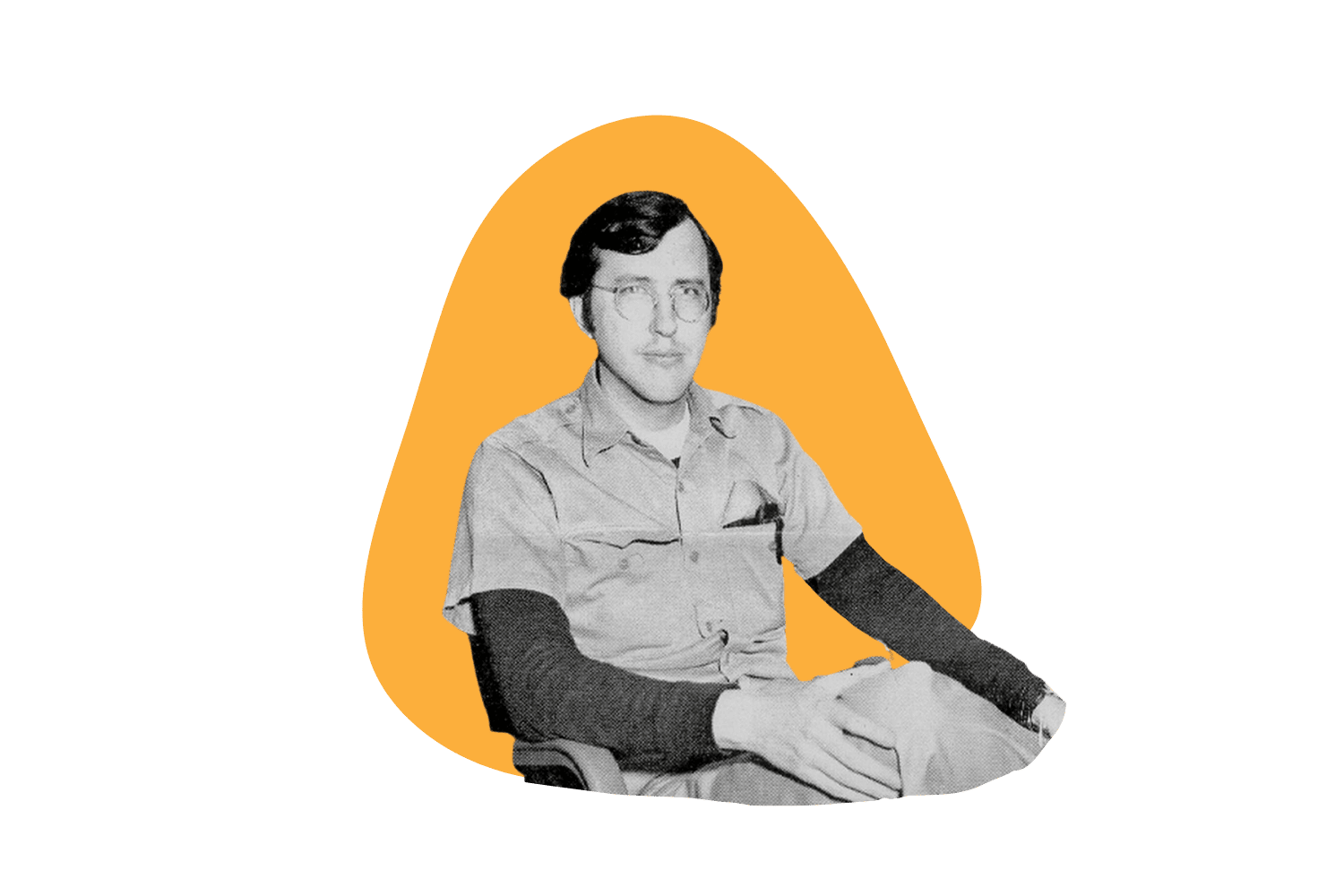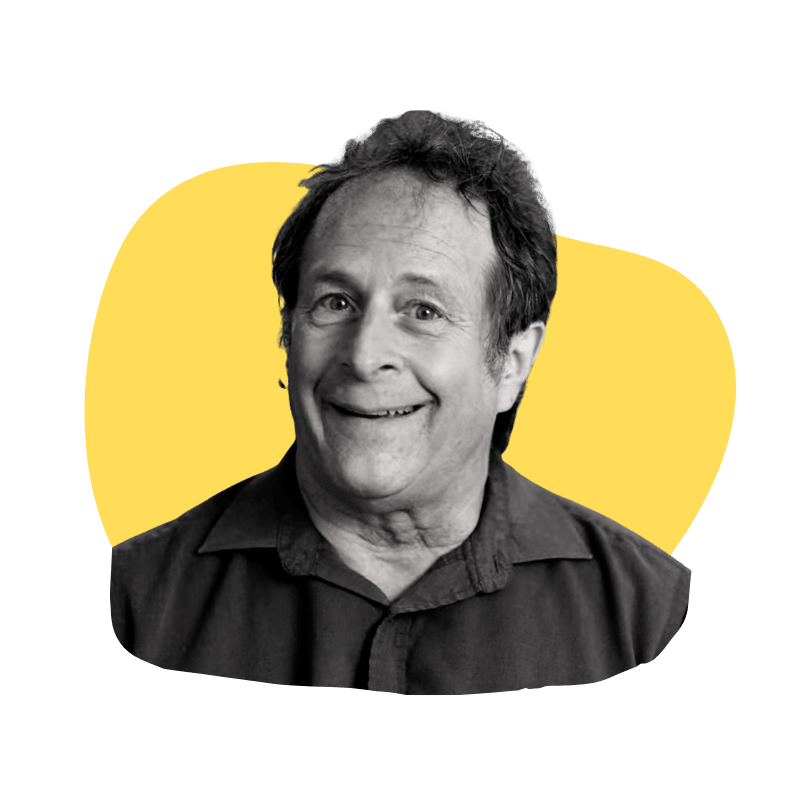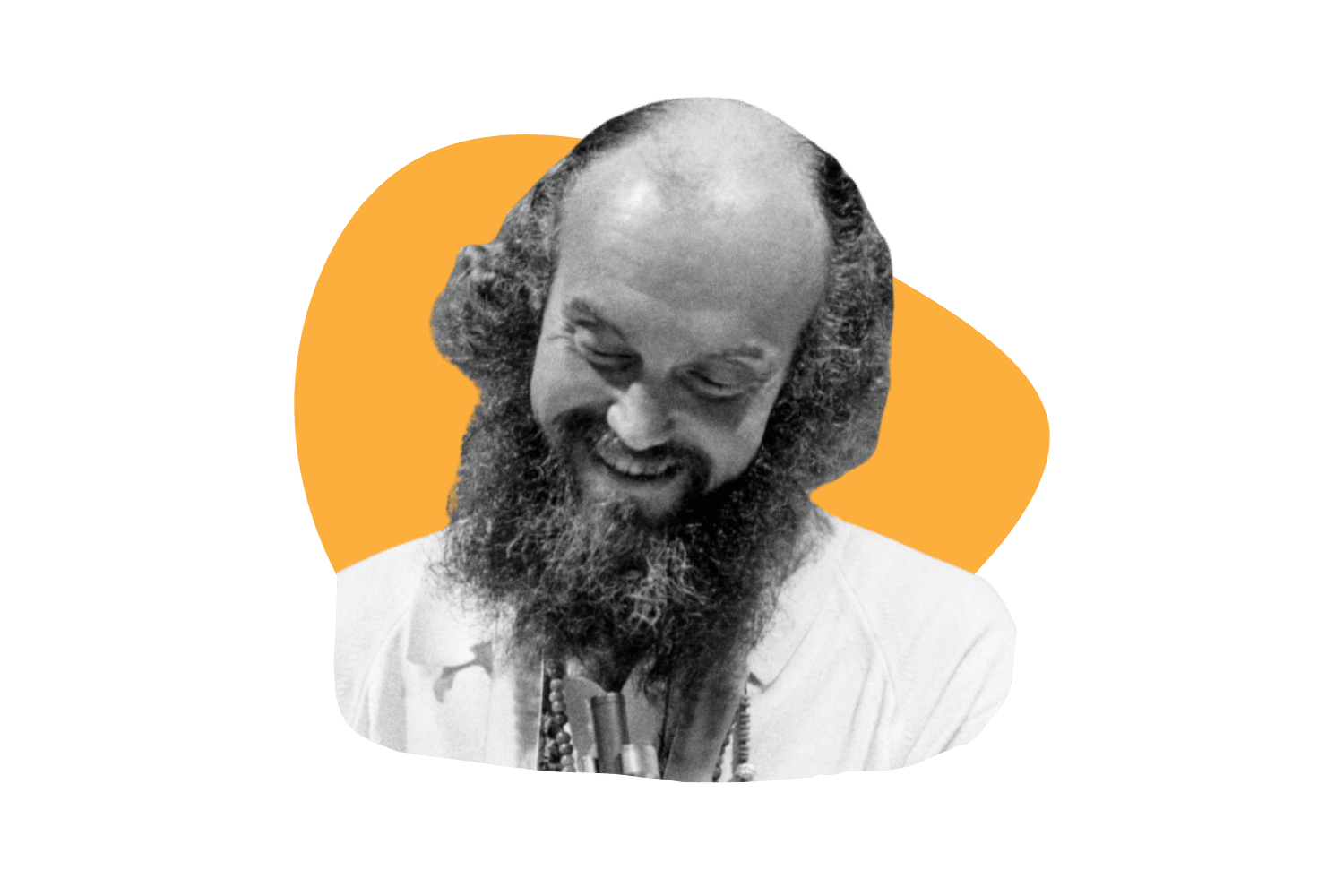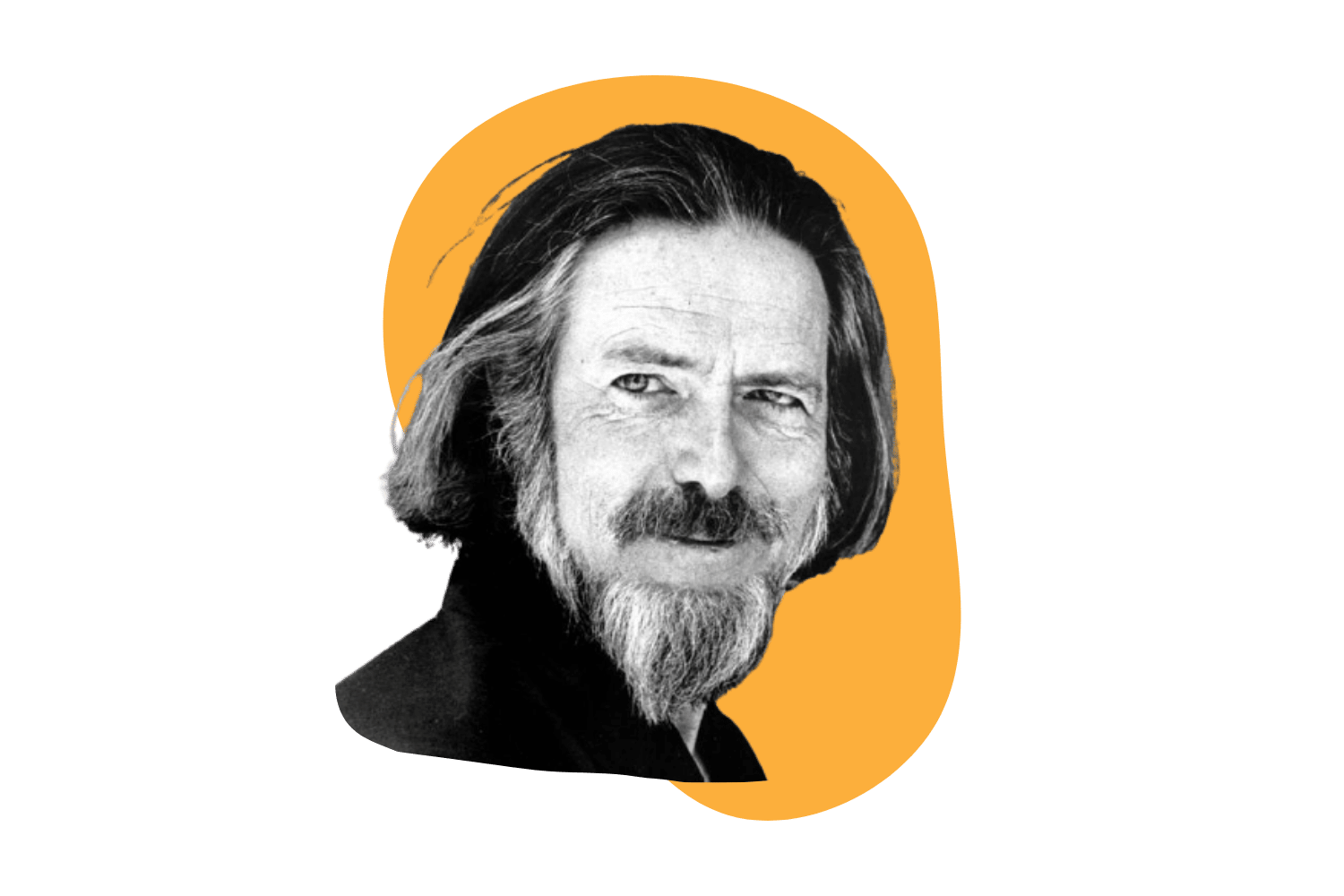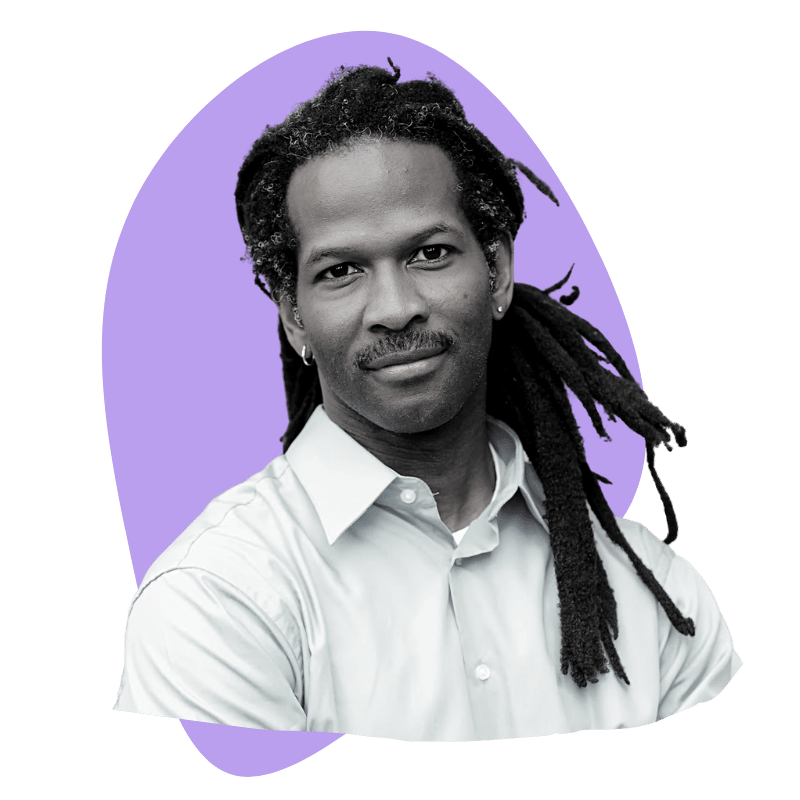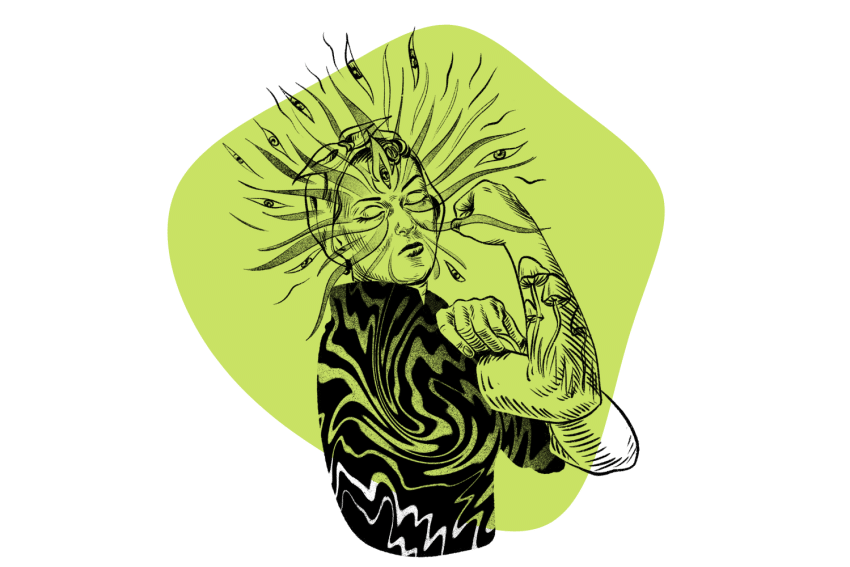Aldous Huxley: Psychedelic Author & Visionary
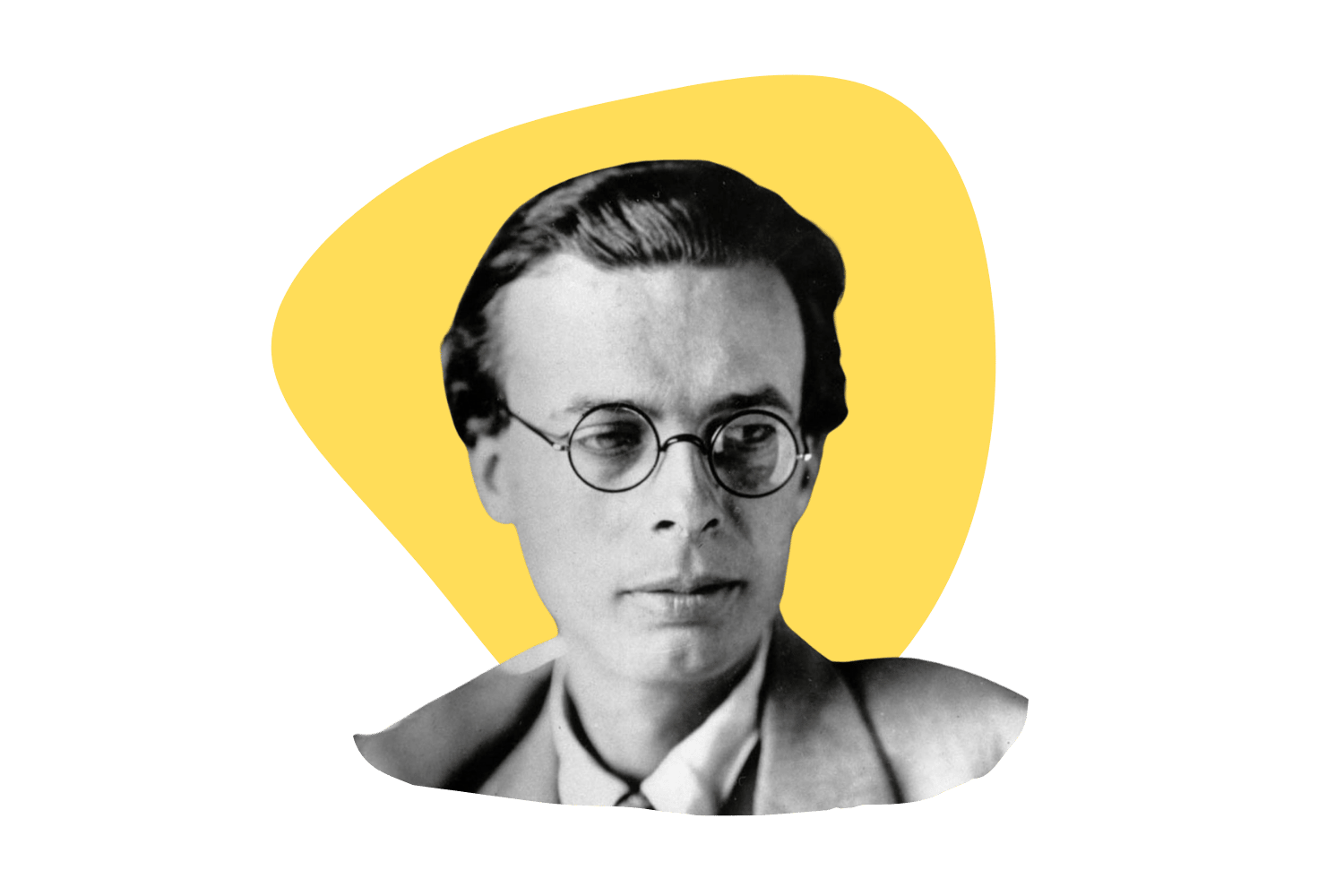
Aldous Huxley is a celebrated writer known for his novels, non-fiction essays, and screenplays, but some may not know that he was also a big supporter of psychedelics.
He even wrote an autobiographical book about it in 1961 called The Doors of Perception. He describes his experiences with mescaline and how it affected his perception of reality. He discusses how psychedelic drugs can be used to unlock new levels of understanding and spiritual growth.
To this day, this essay remains one of the most influential pieces on psychedelics ever written. His writing is insightful and thought-provoking and provides a unique perspective on the use of psychedelics that is worth exploring.
The Life Of Aldous Huxley
Aldous Leonard Huxley was born on July 26, 1894, in Surrey, England, but spent the latter part of his life in America, living in Los Angeles until he died in 1963.
Huxley was brought up in an intellectual household, the prominent Huxley family.
His father was a writer and schoolmaster, and he was the grandson of famous English botanist Thomas Henry Huxley who was known controversially as “Darwin’s Bulldog” for his vigorous support of Charles Darwin’s theory of evolution.
The Huxleys fostered their children’s intellectual curiosity, guiding Aldous Huxley to become a brilliant writer and thinker.
In 1911, Aldous Huxley had contracted an eye disease leaving him partially blind in one eye. This circumstance shifted his aspirations of becoming a doctor, and he pursued an undergraduate degree in English Literature from Oxford.
Five years later, his eyesight partially recovered, but it was after he had volunteered for the British Army and had been rejected due to his limited vision.
Huxley earned a living for a year teaching French at Eton College near Berkshire, where he taught Eric Blair, who would later go on to write under the famous pseudonym George Orwell.
During the First World War, Huxley worked as a farm laborer and encountered several Bloomsbury Group figures including Bertrand Russel and D.H. Lawrence. The Bloomsbury Group is a group of English intellectuals and artists united by their beliefs in the importance of the arts and modern attitudes towards pacifism, sexual liberation, and feminism. They would go on to greatly influence Huxley’s world views.
In 1937, Aldous Huxley, his wife, and his son immigrated to America, eventually settling in Los Angeles to earn a substantial income as a screenwriter in Hollywood.
A friend from England, who had accompanied the Huxleys on their move, introduced Aldous Huxley to Uttara Mīmāṃsā—one of the six schools of Hindu philosophy focused on the pursuit of knowledge and liberation.
Aldous Huxley wrote about many controversial topics, which often made him the target of criticism. Despite this, he continued writing and sharing his ideas and was nominated for the Nobel Prize in Literature nine times.
In 1945, Huxley published The Perennial Philosophy, a comparative study of Eastern and Western philosophical mysticism, drawing quotes from Christian, Taoist, Zen Buddhist, Islam, and Brahmin teachings. Huxley wanted to highlight the underpinnings of universal beliefs and experiences through all religions.
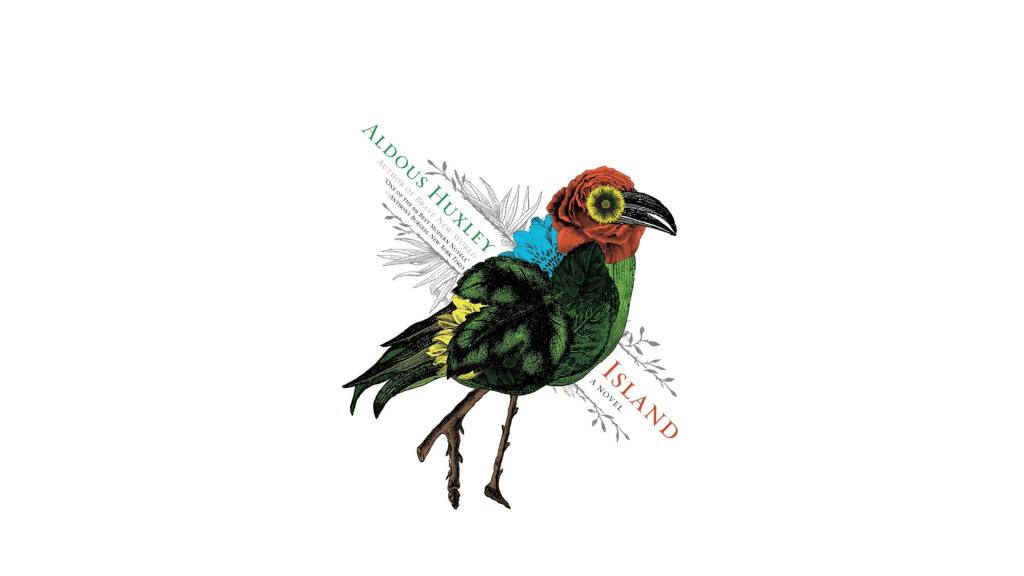
Brave New World and Island are both iconic pieces of literature that offer valuable insights into the human condition. That said, Aldous Huxley’s life wasn’t without its troubles.
In particular, he struggled with depression throughout his life and had difficulty reconciling his personal beliefs with the world around him.
During the last period of his life, his writings are deeply concerned about the future of the modern man, particularly the dangers of a technocratic society, overpopulation, and dictatorship over a complacent society.
On the same day President John F. Kennedy was assassinated (November 22, 1963), the world also lost one of the most influential authors and scholars of our time.
At his death bed from his 3-year battle with cancer, Huxley requested his wife inject him with LSD (lysergic acid diethylamide) for one last trip. Laura Huxley recalls, “all five people in the room said this was the most serene, the most beautiful death.” Huxley was 69 years old.
What Was Aldous Huxley’s Philosophy?
Aldous Huxley was a tremendous thinker and writer with some radically unorthodox ideas.
His book Brave New World is an excellent example of this, in which he discusses topics such as government control, the use of drugs, and sexual liberation.
Huxley was plagued by fears of totalitarianism and what he saw as the inherent dangers of technological progress. In his final years, he turned to spiritualism and psychedelic drugs to find meaning in a chaotic world.
The Dangers Of Technology & Government Control
Huxley’s most recognized work is Brave New World (1932), a classic of dystopian science fiction that could be seen as a major turning point in his career.
The novel is set 600 years in the future, where the world is controlled by a state that manipulates the population with drug-induced contentment and subliminal messaging and where personal happiness is subordinated to the needs of the collective.
He challenges the reader to consider the implications of such a society and whether or not it is truly worth striving for — after all, if happiness can be engineered, what does that say about the individual pursuit of it?
Many aspects of Huxley’s dystopia have come to pass in modern society, raising important questions about the relationship between individual freedom and government control.
In an interview, Huxley says:
“All technology in itself is morally neutral. These are just powers that can either be used well or ill. It’s the same thing with atomic energy. We can either use it to blow ourselves up, or we can use it as a substitute for the coal and the oil which are running out.”
He points to the horrendous acts against humanity in World War Two as an example.
Adolf Hitler imposed his will on an educated population through propaganda via radio and print technology. Huxley cautions us never to underestimate the power of technology.
In sharp contrast to Brave New World is Island (1962). In his final novel, Huxley describes a utopia where inhabitants on an isolated island live in harmony without technology.
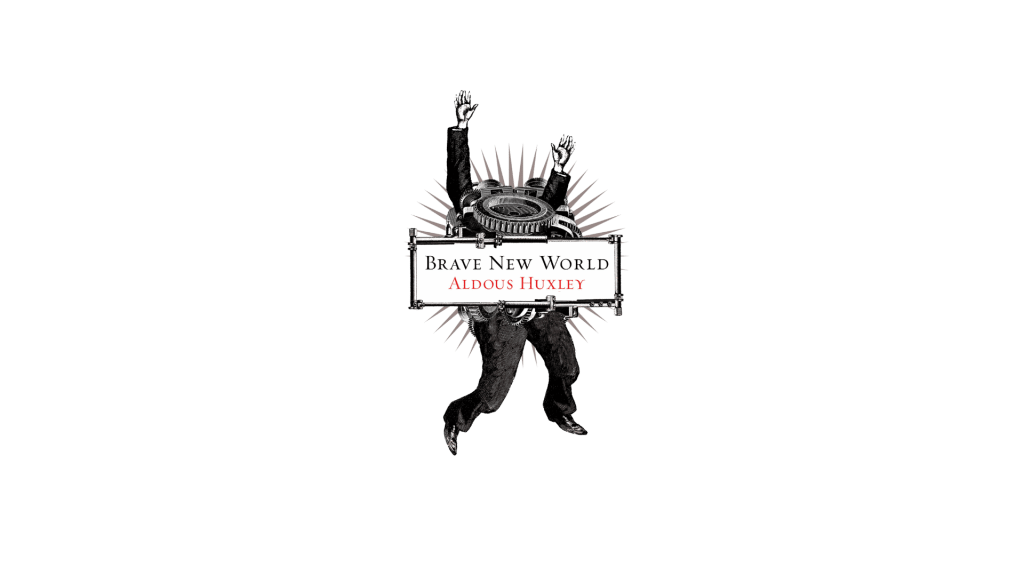
What would our world be like if we lived more simply? How much does our technology really improve or hinder our lives? These are just some of the questions Island raises.
One of the most pervasive ideas in these two works is the importance of one’s ability to think for themselves and realize their potential, which leads us to the next concept in Aldous Huxley’s philosophy.
Realizing The Human Potentiality
Anatomically, the human body remains unchanged from the ones walking the earth twenty thousand years ago, but we’ve actualized so many things within that time.
According to Huxley, while there have been great advancements in civilization and technologies since then, there are still many great potentialities in creativity, technology, kindness, and empathy still lying dormant within man.
Every individual has a right to their own place in this system and develop their own temperament and beliefs. Helping individuals become the best versions of themselves in the long-run benefits society.
Aldous Huxley wrote extensively on the topic and gave lectures in early 1960, inspired by his experimentation with psychedelics and what he called the “perennial philosophy.” That is, the concept that all the world’s major religions and doctrines share a universal truth and experience.
This philosophy is evident in both his writing and his personal life; though he faced many trials and tribulations throughout his life, Huxley never gave up on humanity or its potential for greatness.
In his book, Doors of Perception (1954), Aldous Huxley explores the different ways in which humans perceive the world around them.
He argues that our current view of reality is limited and that by opening up our minds through the mindful use of psychedelics, we can come to a greater understanding of ourselves, others, and the universe. This book is a must-read for anyone interested in philosophy or the nature of perception.
What Was Aldous Huxley’s Stance on Psychedelics?
A lifelong spiritualist, Huxley also had a deep fascination with psychedelics and their potential for therapeutic use. In a letter to his wife Maria in 1954, he conferred how psychedelics can help us connect with our inner selves and find meaning in life.
He wrote, “The mystical experience is, in my opinion, the only experience worth having.”
Psychedelics can help individuals break out of routines and open up new horizons of thought and perception. When used mindfully, psychedelics can be powerful tools for self-exploration and spiritual growth towards potentiality.
Huxley believed that professors or anyone with a setlist of ideas of “what is what” could benefit from psychedelic experimentation and to realize that the “world that he has constructed isn’t the only world—that there are numerous other types of the universe of which we may inhabit.”
In his book Doors of Perception, Aldous Huxley describes his experience with mescaline in great detail and offers us a new perspective on the world around us. Apart from medical applications, Huxley wanted to explore the spiritual use of psychedelics drugs. He self-administered four-tenths of a gram of mescaline dissolved in water to see the results.
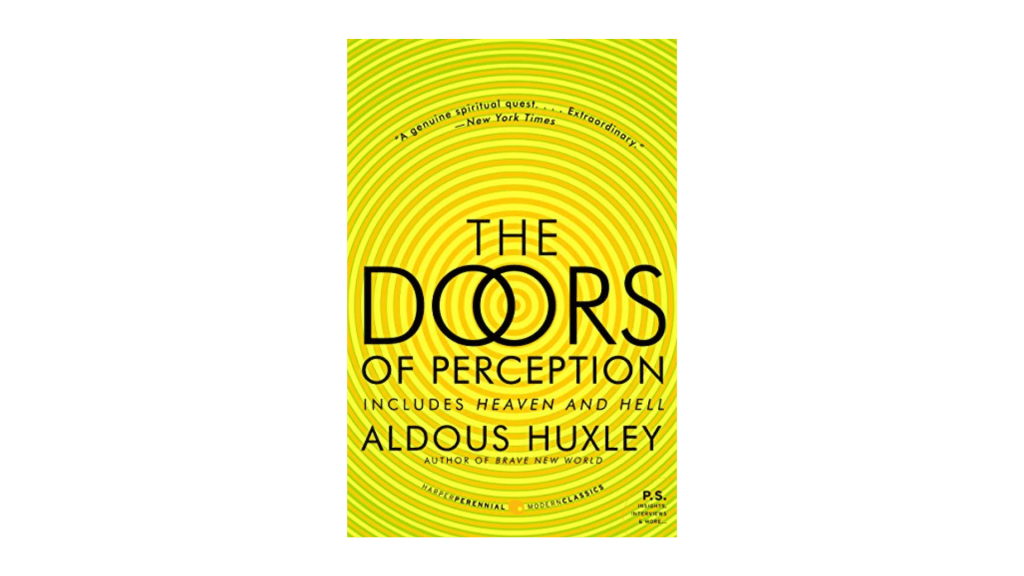
He listened to classical music during this trip, observed paintings, went on a car ride, and walked in nature. He describes a loss of the ego and the realization that “all is actually in each.”
Mescaline allowed Huxley to experience the self as a “non-self” that transcends language, which he called “the suchness of reality” or to experience reality “as is.”He believed this is how we should try to experience the world, finding our connectedness to everything outside of ourselves and ego.
He argues that our central nervous system often gets in the way of this connectedness. It’s designed for self-preservation by filtering out this awe-provoking experience as it’s deemed dangerous to stare transfixed at the beauty of nature when we should be on the lookout for predatory danger in the wild.
Mescaline (and other psychedelics) disrupts the filtering of reality by the central nervous system to open up the possibility of understanding all things.
There’s a stigma surrounding psychedelic use during Huxley’s time and even today, and it’s often regarded as unscientific. For Huxley, this is a failure in how society thinks of reality. Even bad trips can make you rethink your life and make you a better person.
Aldous Huxley Interviews & Lectures
Huxley was a prolific writer and gave hundreds of talks and lectures throughout his career — some are available for free on Youtube and other video streaming platforms.
Here’s a collection of the best Aldous Huxley interviews and lectures to check out yourself.
Helping People Realize Their Potentialities
Aldous Huxley Interviewed by Mike Wallace : 1958 (Full)
Knowledge and Understanding (1955)
Slavery By Consent. You’re Being Made To Enjoy Your Servitude
Best Aldous Huxley Quotes
There is only one corner of the universe you can be certain of improving, and that’s your own self.
You shall know the truth, and the truth shall make you mad.
Technological progress has merely provided us with more efficient means for going backward.
The more powerful and original a mind, the more it will incline towards the religion of solitude.
There’s only one corner of the universe you can be certain of improving, and that’s your own self.
Every man who knows how to read has it in his power to magnify himself, to multiply the ways in which he exists, to make his life full, significant, and interesting.
If human beings were shown what they’re really like, they’d either kill one another as vermin or hang themselves.
God isn’t compatible with machinery and scientific medicine and universal happiness. You must make your choice. Our civilization has chosen machinery medicine and happiness.
Everyone who wants to do good to the human race always ends in universal bullying.
Consistency is contrary to nature, contrary to life. The only completely consistent people are dead.
People intoxicate themselves with work so they won’t see how they really are.
Most men and women lead lives at the worst so painful, at the best, so monotonous, poor and limited, that the urge to escape, the longing to transcend themselves if only for a few moments, is and always been one of the principal appetites of the soul”
In spite of Pain, in spite of Death, in spite of Horror, the universe is in some way All Right — capital A, capital R.
Summary: Who Was Aldous Huxley
Aldous Leonard Huxley was a British author, philosopher, and mystic who wrote some of the most important works of the 20th century. Huxley was a large advocate for mindful psychedelic use for spiritual growth.
He was known to use mescaline and LSD to give himself insight into his own understanding of one’s self, humanity, and explore his creativity in what he calls the “doors of perception.”
His book, by the same name, describes the doors that allow us to see reality in all its forms. Whether or not we choose to open them is up to us.
For Huxley, having a clear perception of the world is essential for living a fulfilling, self-actualized life. Having passed away nearly 60 years ago, his novels and essays continue to be quoted by philosophers, social critics, and religious thinkers today.

